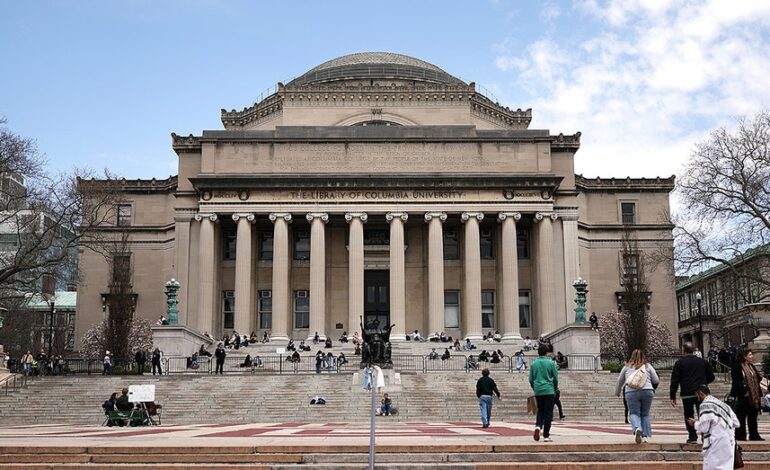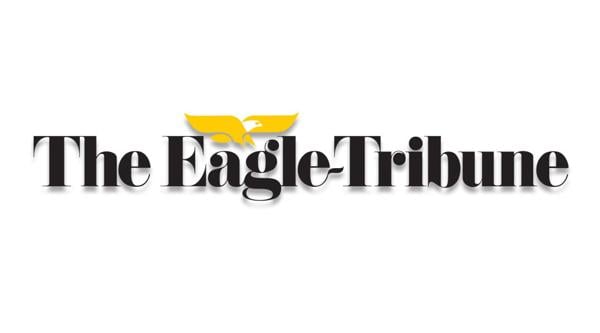Columbia University Cyberattack Affects 870,000 Individuals

Columbia University has confirmed a significant cyberattack that has compromised the personal, financial, and health-related information of approximately 870,000 individuals. This breach affects current and former students, employees, and applicants, raising serious concerns about data security at one of the oldest Ivy League institutions. Notifications to those impacted began on August 7, 2023, and will continue on a rolling basis as the university assesses the full scope of the incident.
The university discovered the breach following a network outage in June, which was later attributed to an unauthorized access event. Investigators are currently evaluating the extent of the data theft. According to a breach notification filed with the Maine Attorney General’s office, hackers reportedly stole around 460 gigabytes of data, including sensitive records related to admissions, enrollment, and financial aid.
Details of the Stolen Data
The categories of exposed information are diverse and alarming. The stolen data includes:
– Names, dates of birth, and Social Security numbers
– Contact details and demographic information
– Academic history and financial aid records
– Insurance details and certain health information
Columbia University has clarified that patient records from the Columbia University Irving Medical Center were not affected by this breach. Nevertheless, the range of sensitive information compromised poses a significant risk of identity theft and fraud.
Columbia University’s Response
In response to the breach, Columbia has reported the incident to law enforcement and is collaborating with cybersecurity experts to enhance its systems. The university has implemented new safeguards and improved protocols to prevent similar incidents in the future. Beginning on August 7, Columbia initiated the process of mailing letters to those affected, offering two years of complimentary credit monitoring, fraud consultation, and identity theft restoration services.
While the university maintains that there is currently no evidence of the stolen data being misused, the potential for exploitation remains high. Cybercriminals often delay their attacks, waiting for months before leveraging stolen information.
The breach underscores the vulnerabilities that even reputable institutions face in the digital age. As investigations continue, stakeholders are urged to remain vigilant regarding their personal data.
Protective Measures for Affected Individuals
For those who may be affected by the Columbia University breach or those who wish to safeguard their information, a number of protective measures are advisable:
1. **Monitor Credit Reports**: Individuals should regularly check their credit reports through AnnualCreditReport.com for any unauthorized accounts or changes.
2. **Consider Data Removal Services**: Since the breach may have exposed personal information like names and addresses, using a data removal service can help minimize the risk of identity theft.
3. **Set Up Fraud Alerts and Freezes**: Implementing a fraud alert can make it more difficult for identity thieves to open accounts in one’s name, while a credit freeze offers even stronger protection.
4. **Utilize Strong Passwords**: Creating complex passwords for different accounts is crucial. A password manager can assist in generating and securely storing these passwords.
5. **Enable Two-Factor Authentication**: This additional layer of security is vital in protecting accounts, especially if a password is compromised.
6. **Be Wary of Phishing Attempts**: Scammers may exploit the fear surrounding the breach, so it is essential to verify the authenticity of any communication before clicking on links or sharing personal information.
7. **Consider Identity Theft Protection Services**: Beyond the free credit monitoring offered by Columbia, paid services can provide additional monitoring and alerts regarding personal information on the dark web.
The Columbia University breach serves as a reminder of the ongoing risks associated with cyberattacks. Institutions must implement robust cybersecurity measures to protect the personal data of those they serve. As the investigation unfolds, individuals are encouraged to take proactive steps to safeguard their information and remain alert to potential threats.






